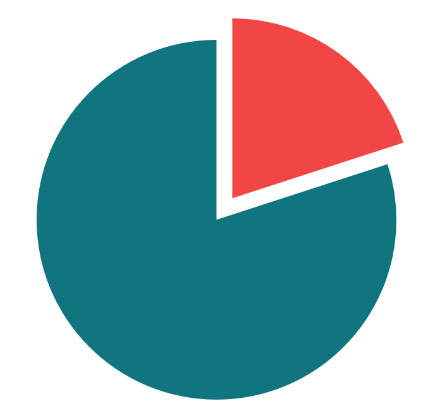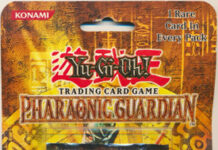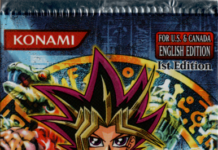
Throughout the past 20 years, I noticed that most of the Yugioh (and other card games) content from articles, forum posts and videos is about card choice and deckbuilding. Only a minority of content is about the gameplay itself and how to use those cards.
The Pareto Principle (80-20 rule) applies here. The 20% of content about HOW to use the cards will make you better at the game and win more games than the 80% of content about card choice. Having a great deck matters insofar as how well you can use it.
If you find theorycrafting fun in and of itself, that’s respectable. But if your goal is to find out what the best cards are, you can look at tournament results. There are much better players than us, testing cards far more extensively, against much better players than us.
Some learning on deckbuilding and card choice can be helpful, especially for newer or lower skill players who are trying to learn the basics. But it shouldn’t take time and energy away from us learning how to use the deck. You’ll learn why cards are good/bad by playing matches (and watching matches of good players) than from theorycrafting.
So, let’s say, you start playing a format. You have a good deck list. You know what the cards do, and what the key combos are. Now what do you do?
Here are fundamentals that apply to just about any meta
1) Learn about the competition (the most common decks you’ll be facing in the meta). Look at a guide or two on how those decks are used. Watch a match or two on Youtube of that deck playing against the type of deck you’re using. See what goes through the opponent’s mind when they duel you.
2) Reading the opponent’s cards. Based on the information you have, judge what monsters or spell/traps the opponent’s is setting. Check the opponent’s graveyard (and be aware of what cards they used), so you have a sense of what’s left in their deck. Be aware of that deck’s strongest cards so you can play around them (with online duels, you can open up a decklist of that deck to serve as a mental reminder.
3) Side decking. For each of the meta decks, learn what cards you’ll side out and what cards you’ll side in. Look at the side decks of other decks in the meta; think about what cards they’ll be siding in and out against you.
4) Watch competitive matches of good players using the deck you’re trying to use. There are replays on duelingbook. But also should be videos on youtube of players analyzing pro matches (or good players explaining to you their thought process of why they’re making the in-game decisions they’re making). With youtube, the quality of the content can vary. But if the person is not doing a great job at explaining what they’re trying to accomplish with each play, what cards they’re trying to play around, etc., then find a different one.
5) Vod review. For online duels, watch replays from your losses and learn from your mistakes. Look at the match from their PoV to see your mistakes being punished.
6) Understand win conditions. This may vary from matchup to matchup. For some decks, it’s specific cards that are their win conditions. Another factor is aggro vs. control. A control deck with more resources will eventually win so long as it stays alive. But the deck that’s aggro/shorter-range will need to win games quickly. For example, if you’re significantly behind on card advantage and there’s no way to realistically gain the advantage back, you need to find some way to make an aggressive play that wins the game.
7) Surround yourself by good players. Go to discord servers with players who actively play in tournaments, ones which include players who win tournaments. There’s a saying that you’re an average of the 5 people you spend the most time with, so spend time with good players.
8) Challenge yourself. Play against good players. Don’t decline a challenge from a significantly better player just to avoid the pain of losing. You will make mistakes, and you will get punished for them, but that’s a good thing because you’ll learn.



